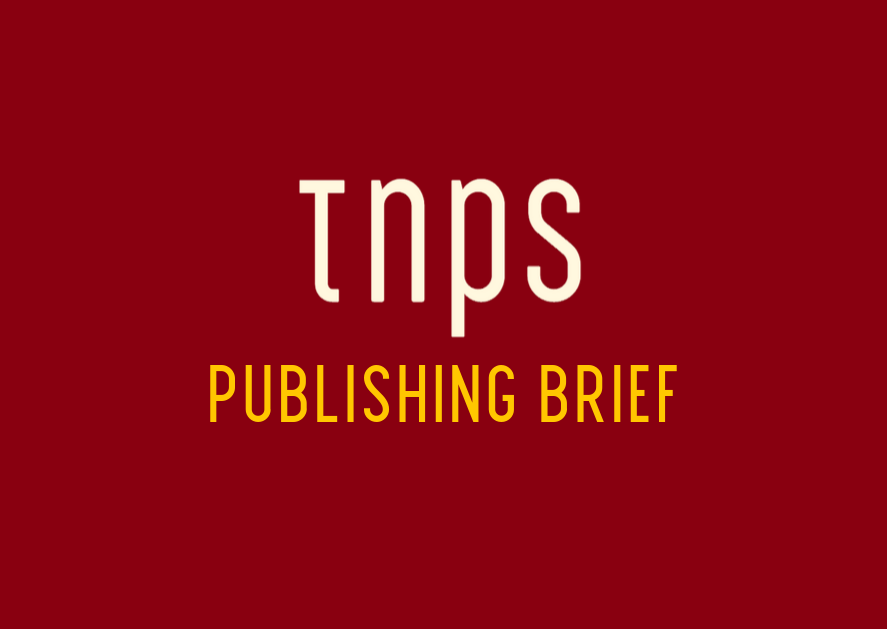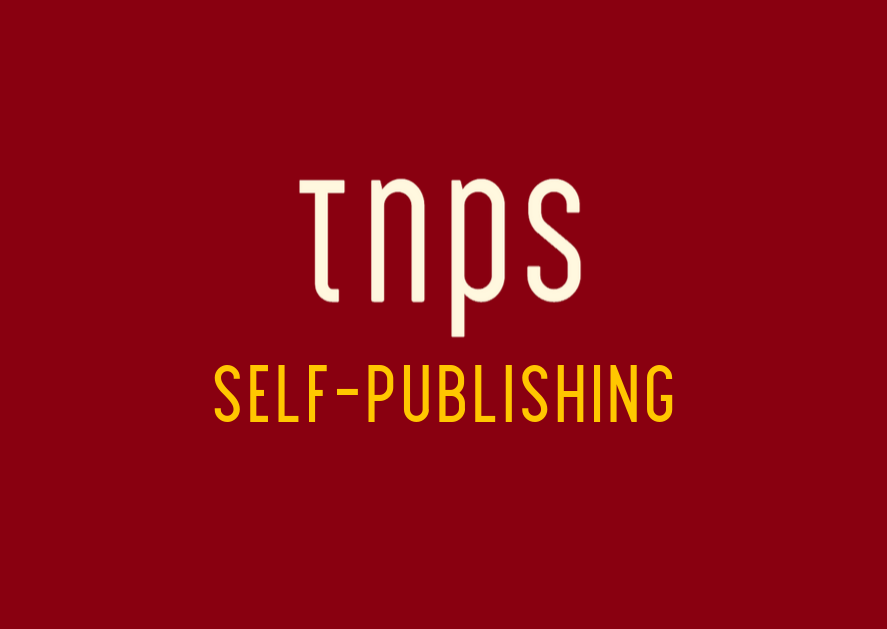Per The Bookseller, reporting on Nielsen BookScan’s Total Consumer Market report for 2023, the £1.83 billion UK take was up 1.3% on 2022.
But when it came to the actual numbers of books sold, it was a 5% deficit, with ten and a half million fewer books being sold last year: just 198.6 million sales in total.
As Tim Tivnan notes, this century started with nine consecutive years of sales topping 200 million units. So what happened?
Behind the numbers lies the simple fact that the average selling price was up £0.5 in 2023, notionally balancing out the collapse in volume sales.
Notionally, because while on paper it all looks rosy – more money on the table! What’s not to like? – the reality is that the publishers and authors of the books that sold for a higher price gained on the deal, while the authors and publishers of the 10.5 million books that didn’t sell, took home nothing.
In Germany, it’s been a similar tale, and for consistency I’ll defer here to The Bookseller‘s brief summary of the German market, which notes revenue was up an impressive 2.9%, but, you guessed it, volume sales were down 1.9%.
Caveats apply as per UK. This is not good news for anyone but the best-selling authors and their publishers that made even more money on fewer sales.
In the US, print sales by unit were down 2.6% on the year, we heard this week.
But early days. As more data and detail emerge from 2023, we may see a changing picture with cause for more optimism. But early signs are, digital is the only winner here.
Rising prices of course tend to drive consumers to library and streaming options, and to such lower-priced ebooks as are available (many publishers keep ebook price artificially high to protect print sales).

We’ve already seen record downloads announced by OverDrive – more below – and while we haven’t got the December report yet, we know the ebook streaming service Kindle Unlimited had been issuing record payouts last year (not to be confused with per-page values, which continue to decline – that’s another story).
It’s too soon to attribute anything meaningful to Spotify’s move into the US and UK audiobook market, but safe to assume digital books will benefit from rising prices except where publishers persist in print-digital price parity to protect print.
With so few final 2023 numbers about there’s not a lot to compare, but what there is makes for interesting comparisons!
The numbers from OverDrive, which of course is global in reach but mostly USA, are telling. And of course are wholly digital.
Per The Bookseller, UK unit sales according to BookScan totalled 198.6 million units in 2023.
In the USA, per PW this week, total print book sales in 2023 amounted to 767.4 million
OverDrive’s ebook downloads alone in 2023 were 370 million units. Total digital downloads by unit from OverDrive were 662 million.
That’s just digital library downloads, not retail ebook and digital audio streaming and not à la carte retail ebook and digital à la carte audio sales.
And that 662 million on its own is only 35 million short of eclipsing the USA’s total print sales for 2019, which came in at 697.3million
The total unit sales for ebooks and audio for 2023 are not yet available, and of course we won’t be told a unit number for self-publishers and Kindle Unlimited downloads. That said, in a few weeks we will know how much Amazon’s Kindle will have paid out across 2023 to self-publishers in Kindle Unlimited (quite separate from APub and other publisher payouts, and quite separate from self-published royalties from à la carte sales). Expect $575 million. UPDATE: The total payout for 2023 came in at exactly $575 million.
We cannot know for sure the unit sales from self-publishing and streaming, but in 2022, Bookstat told PW, US ebook unit sales topped 526 million and digital audio unit sales came in at 188 million, a total of 714 million. For comparison, total print sales in 2022, per PW, were 787.6 million.
Safe to assume those numbers will be higher for 2023, and safe to to assume some of that 10.5 million drop in print sales will have migrated to digital.
By any objective measure of unit consumption, digital is doing rather well.
This post first appeared in the TNPS LinkedIn Pulse newsletter.




